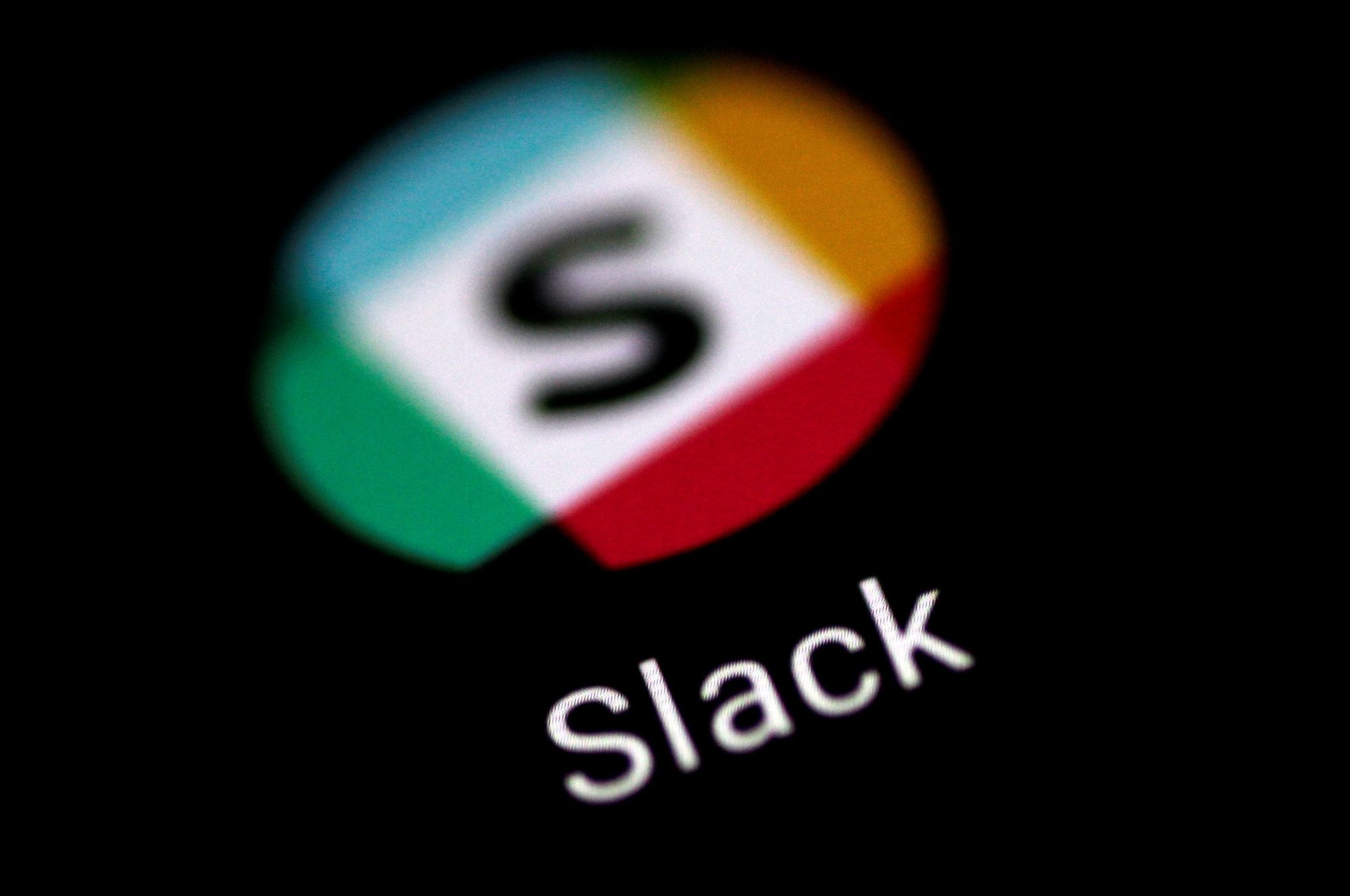A former Slack engineer shares the key to disconnecting from Slack after work
Slack, the popular workplace communication platform, purports to make its users more productive. I’ve always found this somewhat humorous.


Slack, the popular workplace communication platform, purports to make its users more productive. I’ve always found this somewhat humorous.
At Quartz, we communicate via Slack constantly—chatting about story ideas, sharing news, and debating the best framing for major events. When Slack goes down at Quartz, it feels like the world is ending. I made “Slack friends” at work before I made “real friends.”
Slack is invaluable to our workflow. But it definitely doesn’t make me more productive.
I frequently fall into “Slack holes,” chatting online with coworkers instead of writing my stories. When the work day ends, I’m repeatedly interrupted at home to “answer a quick Slack.” When I wake up in the morning, it’s straight to Slack. Before I go to bed at night, a last glance at Slack.
Yes, I’ve tried silencing my notifications; I still do (after 8 pm and before 6 am). Still, I always get anxious when that little red badge fills with numbers and unanswered messages pile up.
I’m not unique in this struggle. But no matter how many tech-life balance articles I read, or Slack productivity hacks my team and I have tried, nothing seemed to stick—until last month, when I heard former senior Slack engineer Erica Joy Baker speak at the Wall Street Journal’s Women in the Workplace conference in San Francisco.
Now a senior engineering manager at Patreon, Baker says Slack is still her primary means of workplace communication. As a manager with numerous reports, she’s flooded daily by messages, requests, and questions on Slack. Patreon is a digital service operating 24/7, so the issues her engineers face don’t start at 9 am and end at 5 pm.
So, how does Baker handle the Slack-life balance? It’s easy, she says.
“I don’t have work Slack on my phone, because when I go home, I want it to be difficult for people to contact me,” Baker told the audience, noting that when she worked at Slack, there was a poster on the wall that read Work hard then go home. “So I tell my employees that when I leave the office, if something goes so amiss and you need me, you can call me. I’ve never been called yet, so things will be ok.”
These days, of course, many people are uncomfortable calling co-workers, and bosses especially, on the telephone, Baker acknowledged. Calling can feel intrusive or awkward, especially for people who were raised on text messaging. This makes Baker’s strategy all the more brilliant: She’s encouraging employees to reach out if there’s a real problem, while disabling them from pinging her with mindless messaging.
As a manager, being accessible and communicative is key to your employees’ satisfaction, but so are boundaries. Studies show that late-night messaging, especially when it comes from bosses, stifles creativity, innovation, and true productivity.